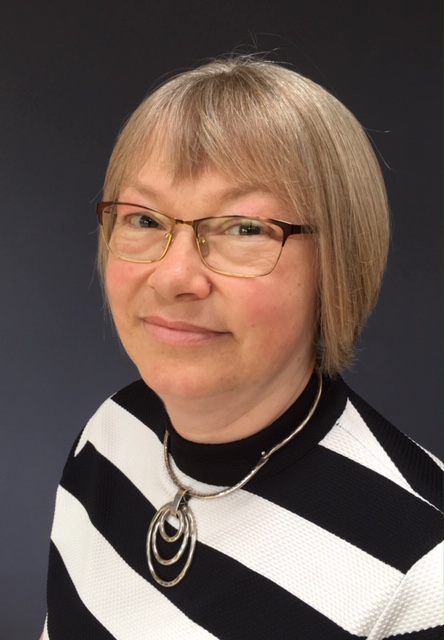
Welcome back, Nicola.
Thank you very much for inviting me, Val. It’s a pleasure to be back!
How time flies by. You were my guest back in 2018!
Since then a lot has happened – how have you found working during lockdown? Has it been a challenge to stay focused; mentally and physically?
Like a lot of people, I’ve found lockdown very difficult. When it began a year ago, I found the uncertainty and anxiety very unsettling, and couldn’t concentrate. Then my stepfather became ill and died, followed six months later by my mother, which was incredibly stressful and upsetting, and left me mentally exhausted.
I don’t normally talk about my personal life that much but I feel I want to be honest about this in case it helps reassure any other people who have found their life and work so disrupted that their focus has inevitably suffered. I couldn’t write at all a lot of the time; I couldn’t read either. Unfortunately this coincided with me needing to do big revisions to the book I have coming out next month. It took me months and months to do them. Just sitting down at the computer was an effort I didn’t want to make, and each word felt as though it had to be dragged out of me. I managed it in the end but I’ve never known writing to be such a process of attrition. Then, in a bizarre twist, the final revisions to the book were due the week my mother died and I found the reverse was true. I found an escape by losing myself completely in the book and racing through the revisions with nothing else at all in my mind – until I stopped. It’s the only time I’ve ever been able to escape the intolerable present through writing. All of which is to say that if you experience a similar challenge to your focus, accept it, do what you can and be kind to yourself.
You have been through an incredibly trying time and I appreciate your honesty. It is excellent advice and I hope it helps to reassure others who have been struggling with the new reality of pandemic life.
How much has changed in your writing world since we first chatted?
A few things have changed and developed. I’m still writing dual time books and enjoying it enormously. I like to choose as a central character a female protagonist who is probably largely overlooked in history – women from the footnotes, I call them – and explore her story. There’s also usually a real- life mystery in the story as well. My next book deals with the disappearance of the Princes in the Tower in 1483. Other than that, I’m enjoying mentoring historical fiction authors for The History Quill site and giving talks on the historical background to my books.
What have been the highlights?
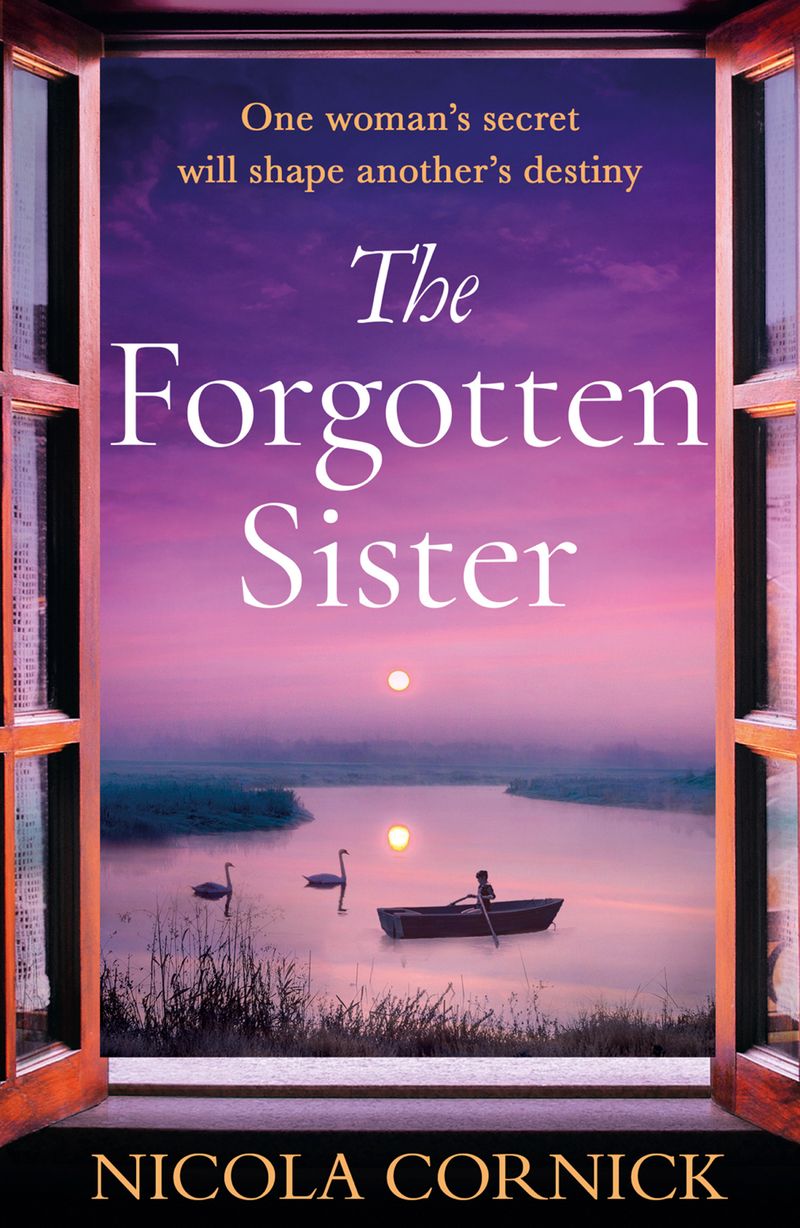
A recent highlight was when my Tudor-set book The Forgotten Sister was shortlisted for the Romantic Novelists Association Romantic Thriller Award, which was a lovely surprise and wonderful recognition. Despite the pandemic – or perhaps because people have been reading more in Lockdown – that book has done so well, reaching the top 10 in the Heatseeker chart and gaining lots of amazing recognition. But it’s not all about prizes and sales, of course – the most important thing is having contact with readers and fellow history fans, so the return of live events and the opportunity of live online ones is a terrific highlight. Just being able to chat with people about all sorts of history and writing topics is wonderful.
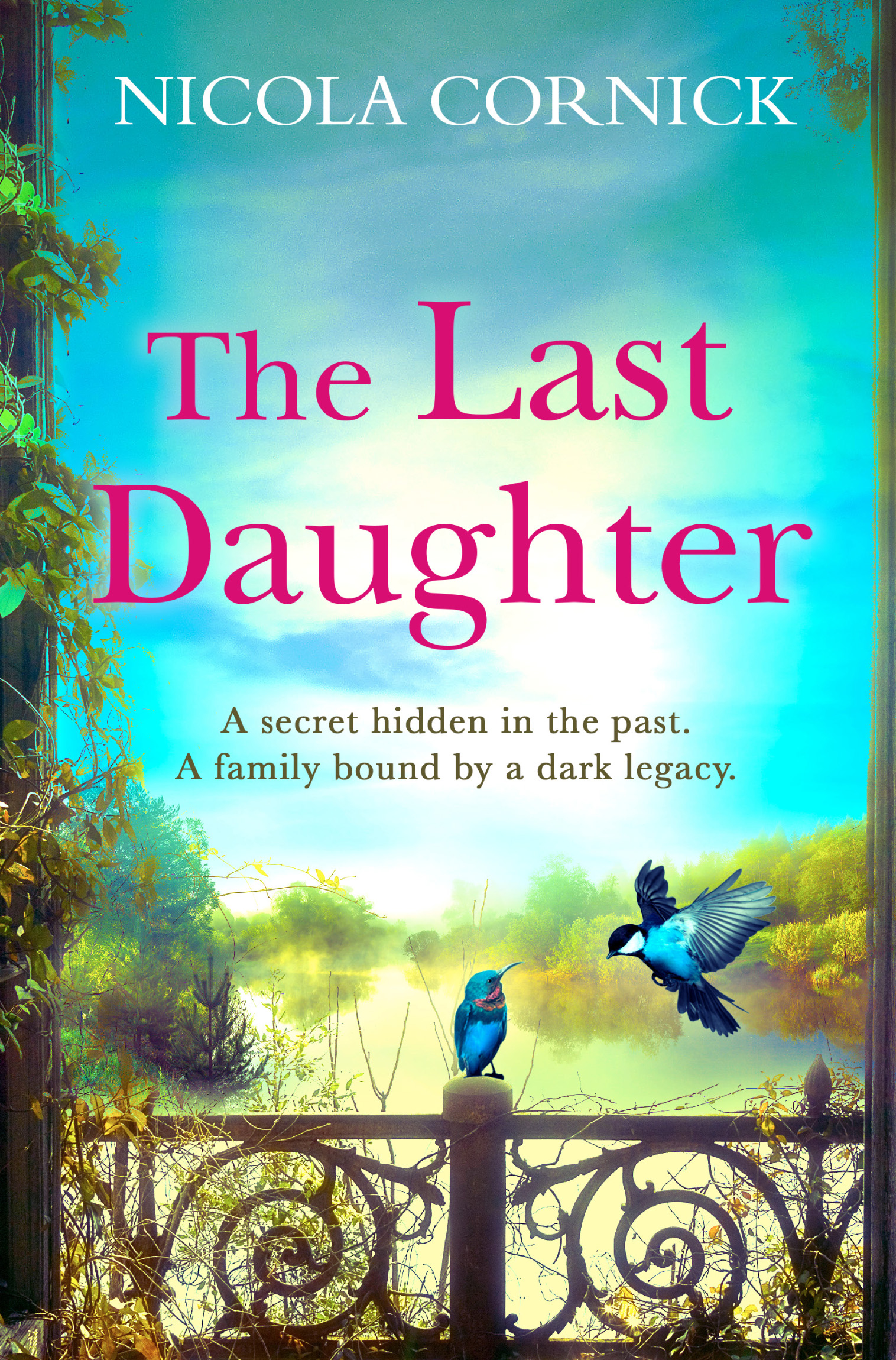
What are you working on now?
I’m working on preparing a lot of online and live events to celebrate the launch of The Last Daughter on 8th July but trying not to let that eat into my writing time too much! My next book is also due in a couple of months so there’s a lot of work still to be done there. It’s a timeslip set in the later 16th and early 17th century in the run up to the Gunpowder Plot, and the heroine is Catherine Catesby, wife of the plot’s ringleader Robert Catesby. When I was researching it, it seemed to me that there is such a big focus on the plot and what happened afterwards, but not so much on events beforehand and the huge influence that Catherine had on Robert Catesby’s life. She is another woman from the footnotes of history!
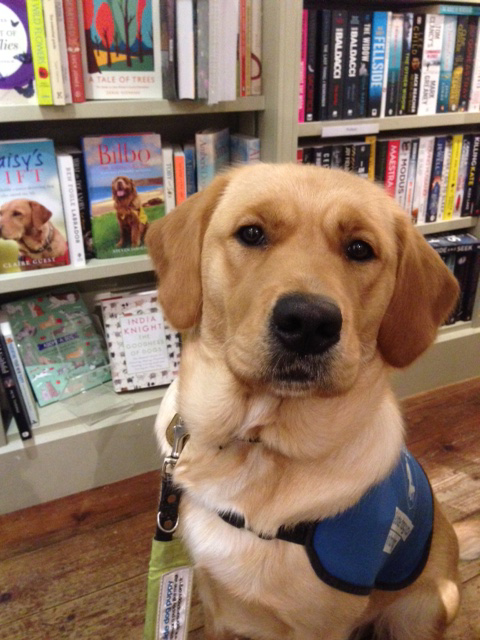
What is next for Nicola?
Well it’s an exciting time for me as my Gunpowder Book (as I call it) is the last book on this particular contract with Harper Collins HQ so I’m starting to think about all sorts of ideas for future writing. It always feels like such a promising time when all the potential ideas are there to be explored! Plus I have lots of other projects on the go – the mentoring, which I love, and my involvement with the Wantage Literary Festival, and various history events and talks coming up. I’m very fortunate, I think, to have so many opportunities. Most excitingly, though, we will be getting a new guide dog puppy to raise in the summer!
Now that sounds like a busy schedule, but with lots of potential play time with the new puppy. I hope it passes all its training. Thank you for being my guest!

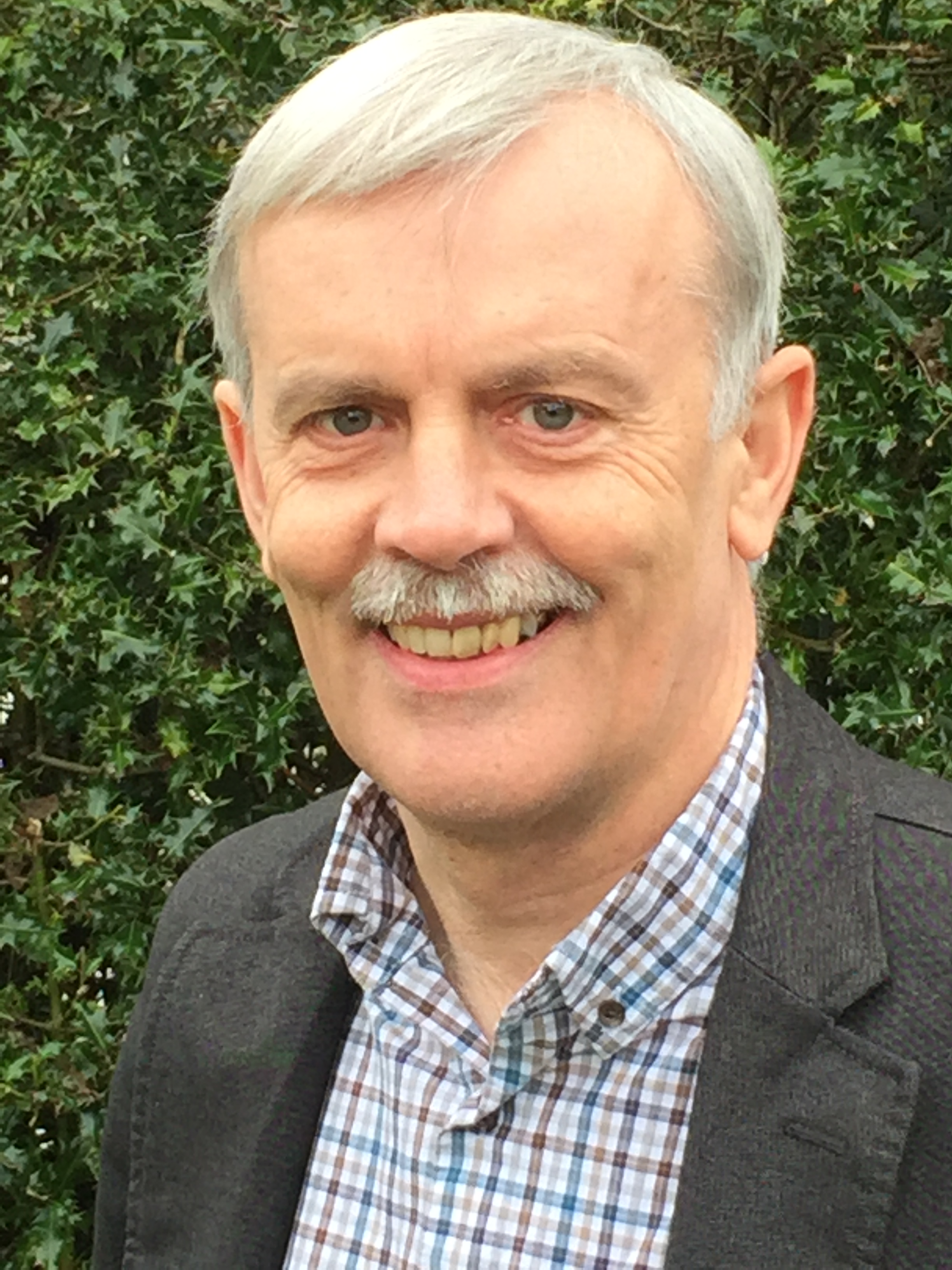

 But I want us to keep growing, and to offer our members even more. My belief is that the CWA’s potential is almost limitless. Crime writing is, after all, enormously popular worldwide, and few “brands” within the genre can match the prestige of the CWA, and of our internationally renowned
But I want us to keep growing, and to offer our members even more. My belief is that the CWA’s potential is almost limitless. Crime writing is, after all, enormously popular worldwide, and few “brands” within the genre can match the prestige of the CWA, and of our internationally renowned  m also proud that our archives are a central part of the British crime writing archives now held at Gladstone’s Library. Over time, I hope this will become an internationally recognised resource for researchers and crime fans. The archives are being opened officially at a week-end event in June,
m also proud that our archives are a central part of the British crime writing archives now held at Gladstone’s Library. Over time, I hope this will become an internationally recognised resource for researchers and crime fans. The archives are being opened officially at a week-end event in June,  Martin Edwards
Martin Edwards